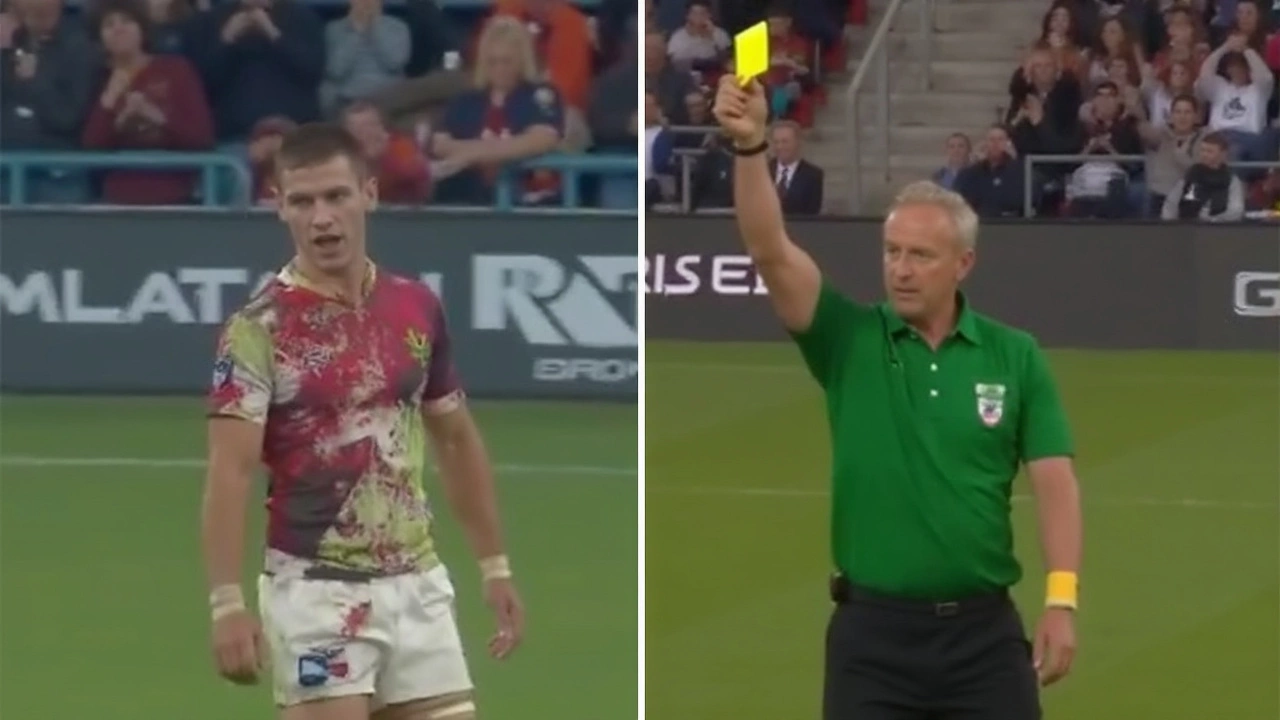In an effort to modernize and improve refereeing accuracy, the Super League is gearing up to implement the Captain’s Challenge system during the 2025 season. First adopted by the National Rugby League (NRL) in 2020, this innovation allows team captains to request a review of referees' decisions by directing them to the video referee. This feature is designed specifically for structured restarts like penalties, scrums, and goal-line drop-outs.
Each team is permitted one unsuccessful challenge per game, retaining the ability to challenge if their initial call is deemed correct. However, critical rules govern the use of these challenges to ensure they are not exploited tactically; captains must lodge their disputes within a tight 10-second window after a referee's decision, excluding situations like injury stoppages. Not all decisions, like forward passes or certain discretionary penalties, can be challenged, keeping some elements of the game down to traditional on-field calls.
Future of Officiating: Aligning with NRL and Beyond
This change not only aligns with NRL protocols but brings about structural consistency within rugby league officiating across the hemispheres. Although the Super League won’t introduce a central ‘Bunker’ review system like the NRL, these modifications mark a significant step towards leveraging technology in sports.
Further reform from the Rugby Football League (RFL) Board ensures that additional adjustments accompany the Captain’s Challenge roll-out. For instance, green cards, previously reserved for certain situations, will apply to attacking players now. Also, referees will distinguish between active and passive offside kick chasers more clearly, refining how offside regulations impact the flow of the game. When mistakes occur during drop-outs, they’ll restart with play-the-balls instead of penalties, trying to maintain the pace and fluidity of matches.
Meanwhile, head contact rules will persist from the 2024 revisions, given the downturn in concussion rates seen since those changes were enacted. This demonstrates a commitment to player safety, running alongside these new rules that aim to enhance the precision and fairness of match officiating.
As the Super League prepares to intertwine tradition with technology, fans and players alike can anticipate a season where decisions on the field increasingly reflect the realities caught on camera, promising an intriguing evolution in rugby league.
